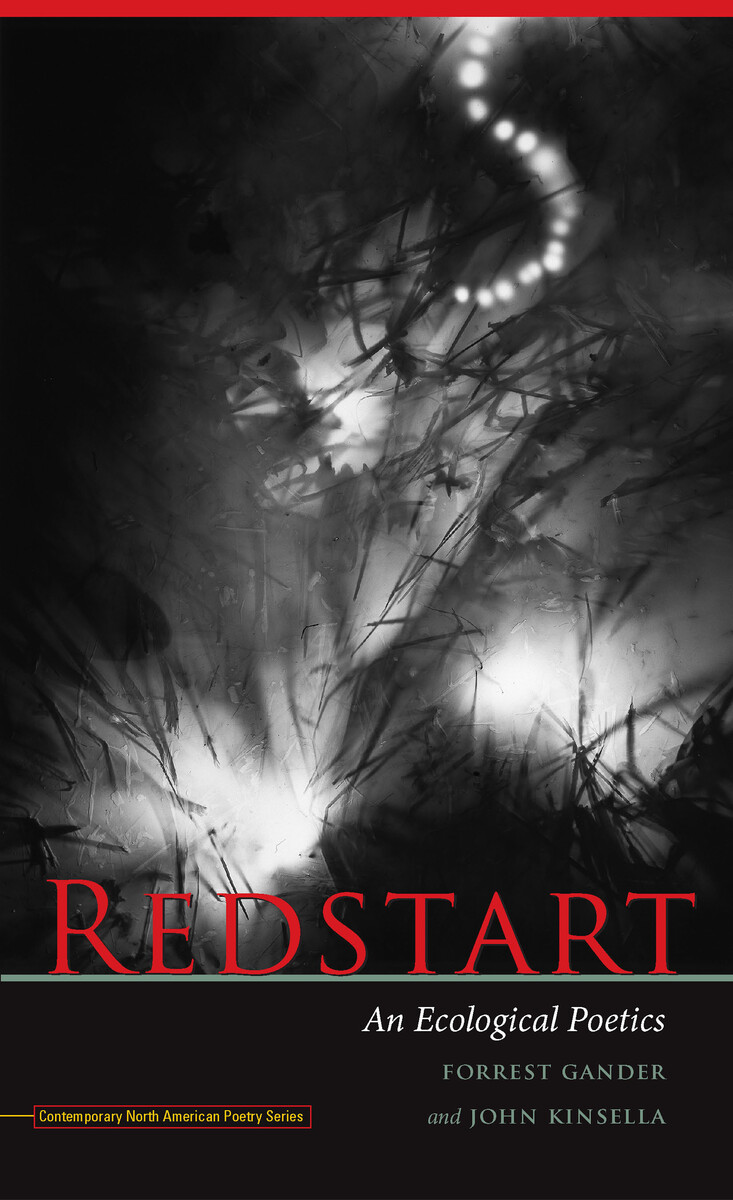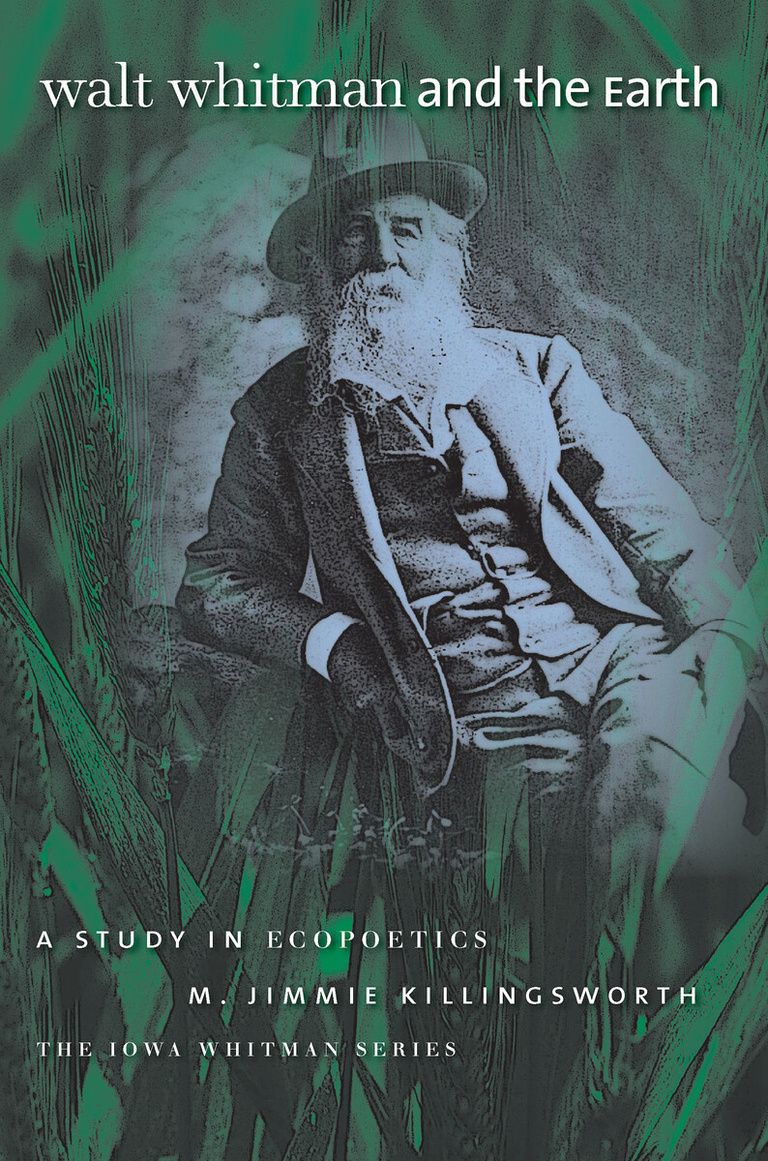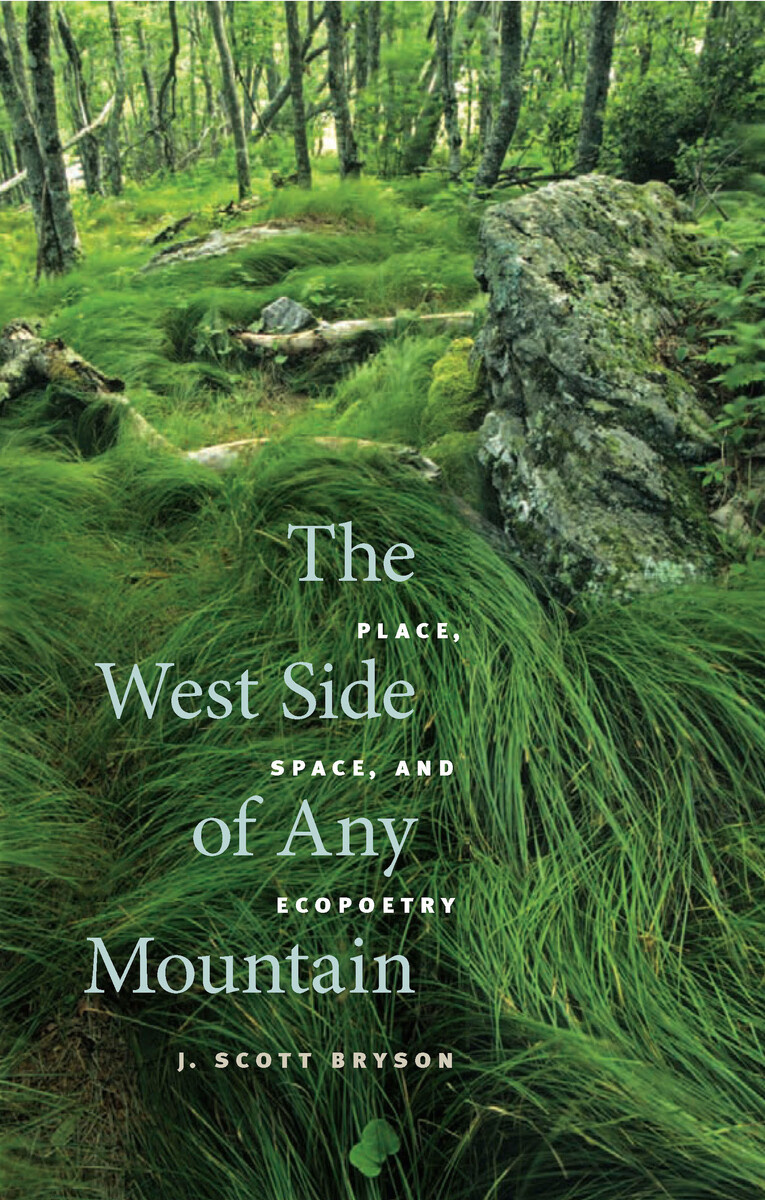The damage humans have perpetrated on our environment has certainly affected a poet’s means and material. But can poetry be ecological? Can it display or be invested with values that acknowledge the economy of interrelationship between the human and the nonhuman realms? Aside from issues of theme and reference, how might syntax, line break, or the shape of the poem on the page express an ecological ethics?
To answer these questions, poets Forrest Gander and John Kinsella offer an experiment, a collaborative volume of prose and poetry that investigates—both thematically and formally—the relationship between nature and culture, language and perception. They ask whether, in an age of globalization, industrialization, and rapid human population growth, an ethnocentric view of human beings as a species independent from others underpins our exploitation of natural resources. Does the disease of Western subjectivity constitute an element of the aesthetics that undermine poetic resistance to the killing of the land? Why does “the land” have to give something back to the writer?
This innovative volume speaks to all people wanting to understand how artistic and critical endeavors can enrich, rather than impoverish, the imperiled world around us.
“Reading this book is enormously exciting amidst current explorations of language and other natural phenomena within ecopoetics and ecocriticism. It should and does raise important questions about poets’ ventures into textual and extra-textual ecologies. The kind of work that Gander and Kinsella do in Redstart is particularly important at this dire, edgy, near-catastrophic moment in the history of human v. everything else on the planet. It is an evocative investigation of our limitations and our possibilities as the poetic species.”—Joan Retallack, John D. and Catherine T. MacArthur Professor of Humanities, Bard College, and author, The Poethical Wager
Praise for previous books
“A poet with a geology degree (as well as a translator and Rockefeller, Guggenheim, and NEA fellow), Gander is an envoy between art and science, nature and politics.”—Booklist
John Kinsella’s poetry is “vivid, energetic and stormy” (Washington Post), displaying “a glorious plenitude of word and world” (The Guardian) like “an Australian storm at full blow” (The Observer).



